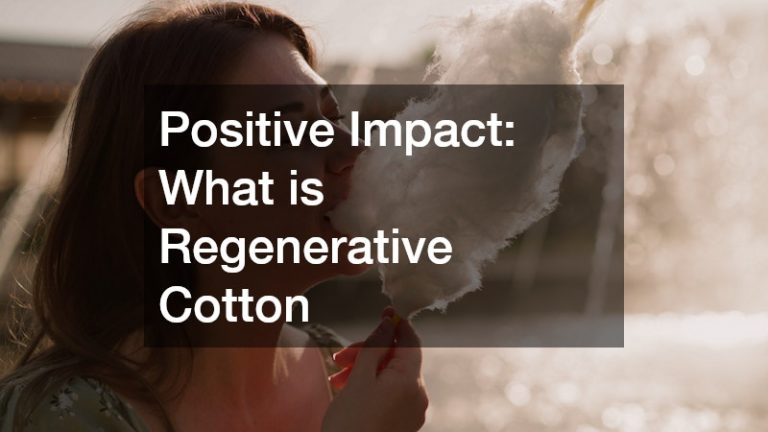Waste is all around us, even if we don’t see it. It many cases, it’s the ones that are invisible to the eye that cause the most damage. Millions of tons of microplastics, each about the size of a sesame seed, float in our oceans and have entered our food chain. Colorless chemicals are spilled every single day and seep into the water table below. All of these could have been avoided had people followed proper waste disposal and management techniques.
Businesses today should become more mindful of the amount of waste they produce. Processes should include mechanisms that allow for the safe and sustainable disposal of waste. For instance, if a company has excess inventory or has discontinued a product, the usual course of action is disposal. Instead, you can recycle and reclaim the inventory or donate it to charity.
Customers today now demand accountability and can choose to boycott companies with a spotty environmental record. Here are a few ways you can promote sustainability within your organization.
-
Prioritize decreasing our carbon footprint
It’s no secret that unfettered change in the name of progress and development have resulted in the destruction of ecosystems and wildlife all over the world. The onus is now on us to restore the balance and make the environment whole again. The United Nations has recommended adopting a net-zero emissions approach. That means, people and businesses will only emit as much greenhouse gases as our trees can take in.
Every action that creates waste must be countered with one that eliminates it. Small changes in the workplace, such as investing in solar panels, encouraging the use of reusable water bottles, and eliminating paper waste, can go a long way in reducing our carbon footprint. Starting a culture of sustainability within the organization can cause ripples that affect the whole community.
-
Don’t force change
We need to change our habits and actions to make a difference, but we also must do it in a way that’s sustainable and effective. You can’t force people and systems to accept change overnight, otherwise, resistance will occur. Start with the small things and do it one step at a time. For instance, you can begin by investing tools such as garbage bins that allow your employees to recycle and be more mindful of their waste. Ask your employees to throw their waste in the correct bin so you can recycle them later on.
You also need to show to consumers that you plan on adopting sustainability as a core business tenet. Start by incorporating green concepts into your marketing materials to signal your commitment. It helps to sponsor corporate events and campaigns that are designed to effect positive change. For instance, you can partner with recycling firms in your area and encourage your customers to adopt proper waste disposal techniques in their homes and places of work.
-
Measure your success
 So you’ve initiated changes within your organization to reduce the amount of waste it produces and dispose of the rest in a safe and sustainable manner. The next thing you need to do is to measure your performance. The thing is you can’t honestly claim you’re making a difference if you don’t have the data to back it up. Support your claims with hard facts and figures.
So you’ve initiated changes within your organization to reduce the amount of waste it produces and dispose of the rest in a safe and sustainable manner. The next thing you need to do is to measure your performance. The thing is you can’t honestly claim you’re making a difference if you don’t have the data to back it up. Support your claims with hard facts and figures.
For starters, a proper audit can review current processes and identify the main causes of waste and inefficiency in your business. This ensures that you can initiate change where it is needed the most. Even as simple as an office recycling program can benefit from an audit. By measuring the amount of waste we produce, you can see whether your policies have an effect or not.
-
Make your voice heard
Once you’ve completed your transformation, you can pave the way for other organizations adopting the same approach yourself. Offer your business as an example that you can go green without hurting the bottom line. Sometimes, all we need is for someone to do it first, and the rest will follow. Create a blueprint and partner with other businesses. Assert your position in the community as well, through chambers of commerce and policymakers.
Sustainability isn’t just a buzzword, it’s a way of life. We need to work together if we want to effect change within our communities and make proper waste disposal work better. Businesses have a responsibility to take charge, seeing as they produce more waste and have a larger carbon footprint.











